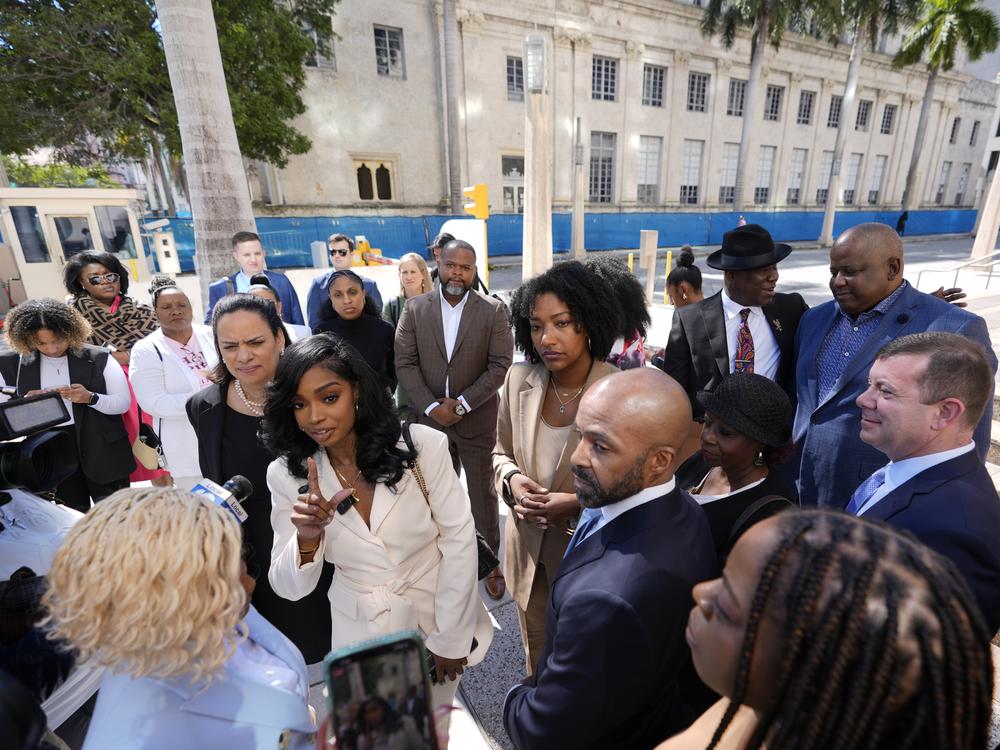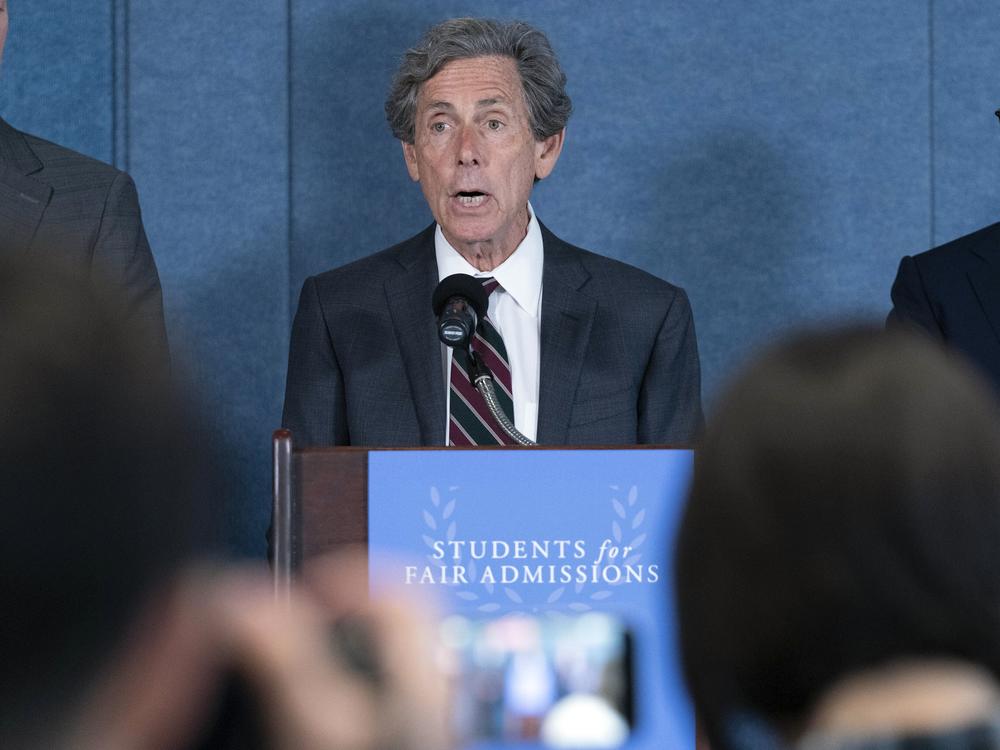Section Branding
Header Content
A venture capital grant program for Black women officially ends after court ruling
Primary Content
The Fearless Fund, an Atlanta-based venture capital fund, announced it will permanently close its grant program for Black women business owners after a year-long battle over racial discrimination.
In a Wednesday court filing, attorneys representing conservative activist Edward Blum and the Atlanta-based venture fund wrote that both parties “have settled,” asking the court to permanently dismiss the case.
Both parties said the Fearless Fund agreed to permanently close its Fearless Strivers Grant contest, which awards $20,000 to small businesses led by at least one woman of color and other requirements.
"As of today, the Fearless Fund has permanently closed the grant contest and will never reopen it," the American Alliance for Equal Rights, a conservative group founded by Blum, told NPR in a statement Wednesday.
"The American Alliance for Equal Rights encouraged the Fearless Fund to open its grant contest to Hispanic, Asian, Native American and white women, but Fearless has decided instead to end it entirely," the statement added.
Alphonso David, one of the lead attorneys representing the Fearless Fund, told NPR that the settlement is a "positive outcome" for the capital firm.
"The agreement is very narrow and does not restrict or relate to any other investment or charitable activity of the Fearless Fund or the Foundation going forward," David said. "The Fearless Fund can now continue their work toward expanding economic opportunity."
The settlement between the venture firm and the conservative group ends one of the most high-profile affirmative action cases in recent years. It also comes as diversity, equity and inclusion initiatives at universities, businesses and other organizations have come under attack.
In August 2023, the American Alliance for Equal Rights sued the Fearless Fund and its foundation over the Strivers Grant, alleging it was "racially discriminatory" against non-Black business owners.
The National Venture Capital Association, a trade group with hundreds of member venture capital firms, filed an amicus brief defending the Fearless Fund's grant program. The trade group called the grant program a "modest but important" step toward creating equal opportunity for Black women. Only 2% of investment professionals at venture capital firms were Black women in 2022, according to a Deloitte and Venture Forward study.
However, in a 2-1 ruling in June, a U.S. federal court of appeals suspended the venture firm’s program and ruled against Fearless Fund. The ruling also reversed a federal judge’s ruling last year that the contest for the $20,000 grant should continue, saying that Blum’s lawsuit was likely to fail.
Blum applauded the June ruling, saying that such programs, like the Strivers Grant, "exclude certain individuals because of their race" and are "unjust and polarizing."
Blum, 72, has worked for years to overturn affirmative action policies in colleges and universities. In 2023, he won a major legal victory when the Supreme Court effectively ended race-conscious policies in higher education.
In addition the lawsuit against the Fearless Fund, the Alliance has also filed at least nine other suits against companies and organizations — such as Southwest Airlines, Amazon, Meta and the Smithsonian's National Museum of the American Latino over racial requirements and efforts.


